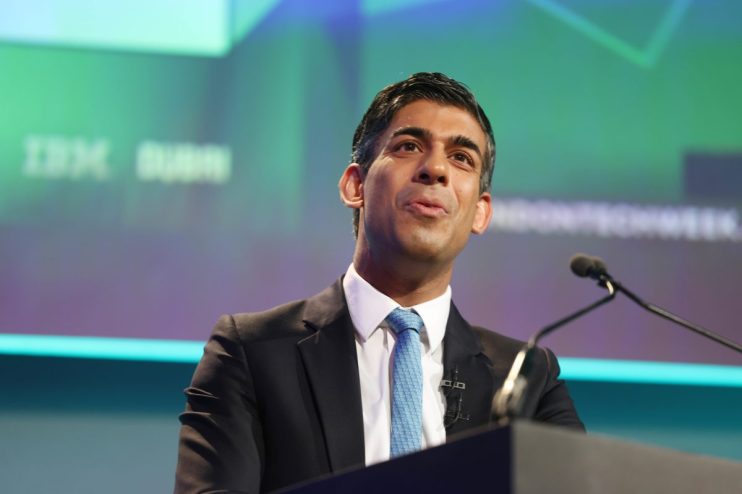Explainer: Committing to the pension triple lock once again

Every six months or so, the political world plunges into a debate about the pension triple lock. This summer is no exception, with Rishi Sunak promising to stick to it this week.
The triple lock regulates pensions, redefining the amount pensioners will get every April by whatever is highest between pay growth, inflation or 2.5 per cent.
The measure was introduced by David Cameron’s coalition government in 2010 and it was intended to protect pensioners who, for several years, had struggled to get by without a top-up.
But the cost to the Treasury has ballooned to the point of controversy, with young people lamenting intergenerational unfairness.
Indeed the measure could cost the Treasury an extra £10bn next year. In the Chancellor’s spring budget, it was predicted that the expense would have been lower.
The state pension was already at a cost of £124bn to the taxpayer this year.
The measure was a commitment in the Conservative manifesto, and prime ministers have had to often reiterate their support for the triple lock.
Rishi Sunak, however, temporarily froze it during the pandemic, when average earnings were rising even if actual wages weren’t, because of furlough.
Even during the Liz Truss premiership, ministers were unsure whether they were meant to commit to it or not, and Truss was eventually forced to go public and confirm her government would support it, exactly like Sunak has done now.
But getting rid of it, or even modernising it, would be a particularly painful move for the Tory party, given pensioners make up a big proportion of their voters. In the 2019 elections, two-thirds of the over-70s voted for Boris Johnson.
Labour has also said it would support keeping the lock, despite the Office for Budget Responsibility warning of its rising cost.
With a looming election, it’s unlikely that any party would call for the abolition of the policy. There are, however, debates around a possible reform, for example freezing it at the 5 per cent mark.
Some are also worried that in an effort to find money in the Autumn statement, the Chancellor could cut on other forms of benefits like disability benefits.